Keywords: Catholic Social Services Victoria
-
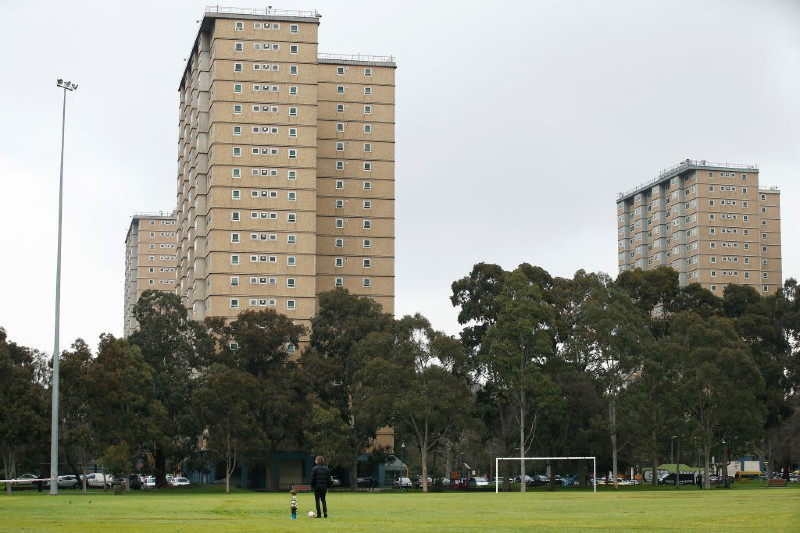
AUSTRALIA
- Joshua Lourensz
- 07 July 2020
7 Comments
Many of us, of course including residents of the towers, understand the exceptional response that COVID-19 has required, and that these lock downs form a part of the response. But when the situation has meant that people must, unless there are exceptional personal or medical grounds, remain house-bound for at least five days, we must be careful in the way we go about caring for the health of people.
READ MORE 
-
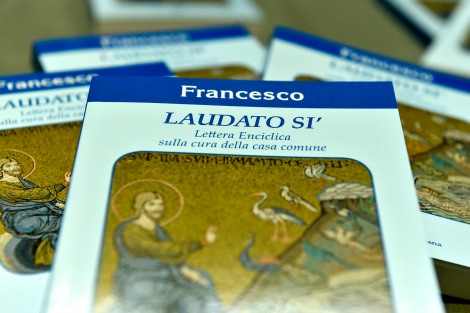
FAITH DOING JUSTICE
- Joshua Lourensz
- 22 May 2020
6 Comments
In thinking through how social services can contribute to what society or the economy needs in light of the ramifications of COVID-19, Catholicism and communism are not two traditions that probably come to the mind for most. But for the kind of thinking that governance and leaders require to make good decisions in and beyond a time of crisis, there are people and concepts from each tradition that we can learn from.
READ MORE 
-

AUSTRALIA
- Felicity Rorke
- 14 February 2020
4 Comments
The Royal Commission into Family Violence conducted by the Victorian Government in 2015, told many of us what we fundamentally already knew — that family violence is a widespread issue for many women across this state, and that our services, systems, institutions and communities are not doing enough to effectively support victim survivors.
READ MORE 
-
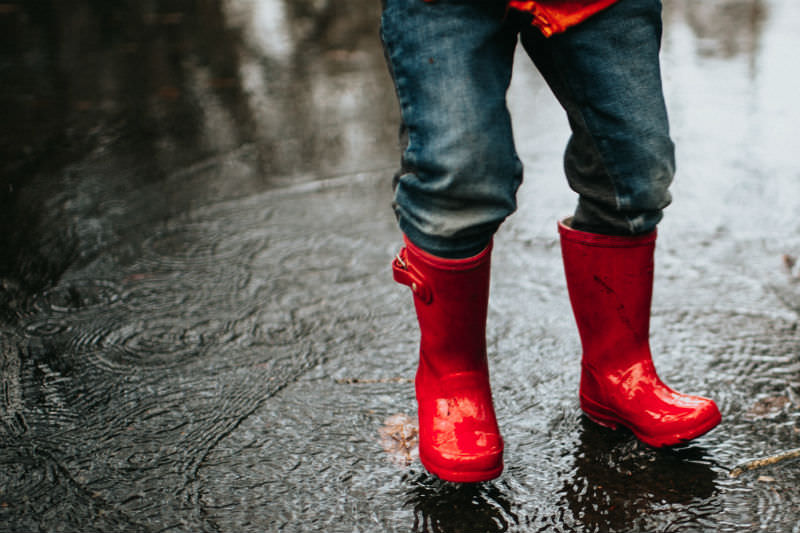
RELIGION
- John Warhurst
- 14 October 2019
8 Comments
The royal commission concluded that child safety, in all its organisational ramifications, raised questions of culture and governance for the church. If the Plenary Council 2020 doesn't take such issues seriously then it will be one indicator that the momentum around last year's official national apology has slowed.
READ MORE 
-
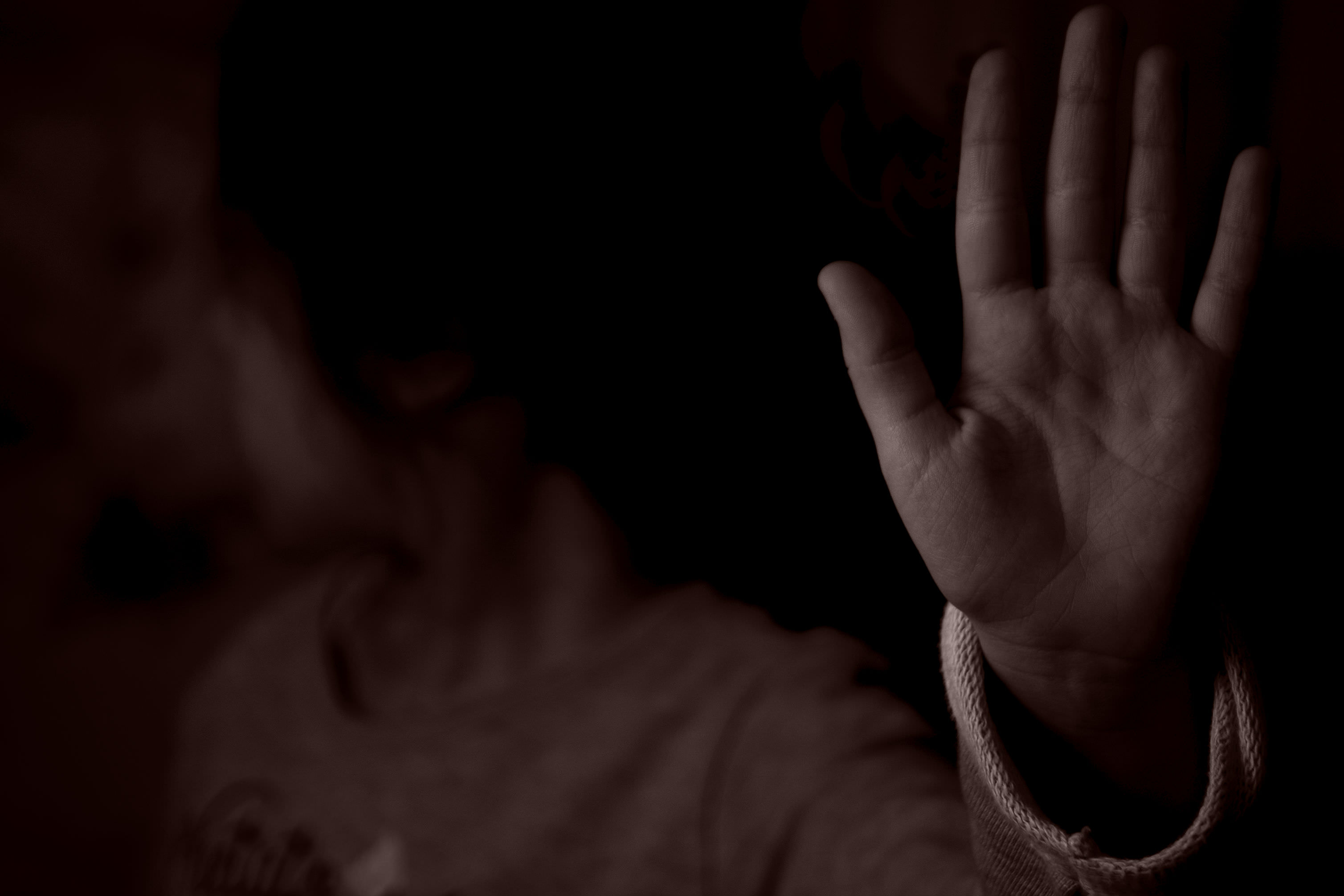
FAITH DOING JUSTICE
- Andrew Hamilton and Madison Rosaia
- 26 July 2019
6 Comments
When devising policies for people on the margins, Australian governments seem always to settle on punitive measures. Although imprisonment has a place in penal policy, the focus should be on the persons who perpetrate crime and on those who are damaged by it. Penal policy is ultimately about ensuring just relationships.
READ MORE 
-
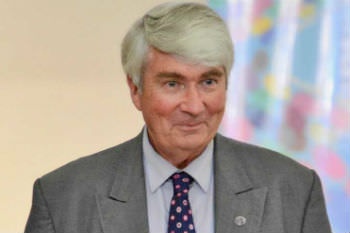
RELIGION
- Frank Brennan
- 01 March 2019
2 Comments
'John was Catholic to his bootstraps: Catholic, Irish Australian, a Labor man and a Carlton supporter. He'd have loved the inaugural speech delivered in the Victorian Parliament last month by the new Labor member for Hawthorn.' — Frank Brennan, Great Hall University House, Australian National University, 1 March 2019.
READ MORE
-

AUSTRALIA
- Frank Brennan
- 10 December 2018
14 Comments
It is appropriate to affirm the worldwide amplification system for the 'still, small voice' of conscience speaking to power, even when that voice of conscience maintains a religious tone, while the power of the state is increasingly secular and the tone of society more stridently secularist.
READ MORE 
-
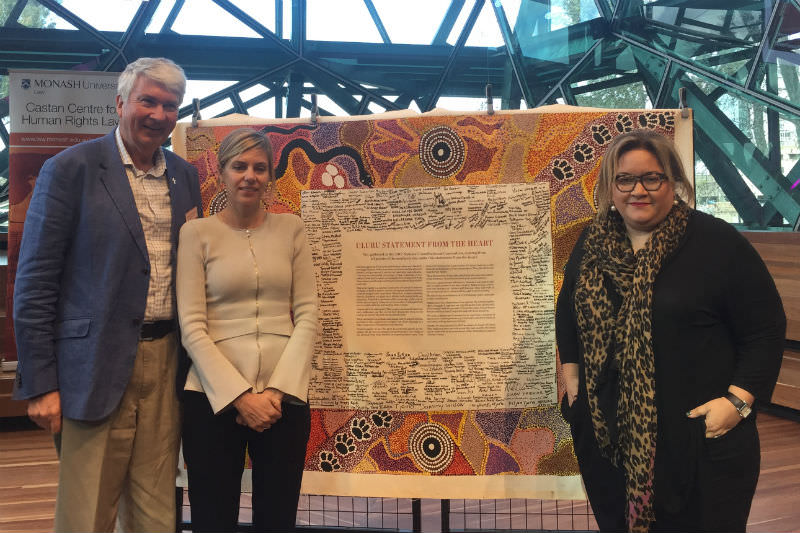
RELIGION
- Frank Brennan
- 20 July 2018
4 Comments
'I voted 'yes' in last year's ABS survey on same sex marriage. As a priest, I was prepared to explain why I was voting 'yes' during the campaign. I voted 'yes', in part because I thought that the outcome was inevitable. But also, I thought that full civil recognition of such relationships was an idea whose time had come.' — Frank Brennan, 2018 Castan Centre Human Rights Conference
READ MORE
-
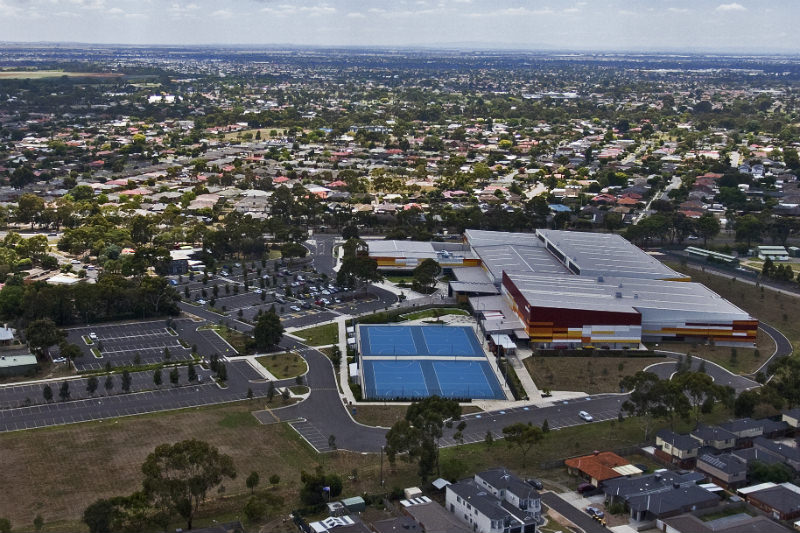
RELIGION
- Claire-Anne Willis and Denis Fitzgerald
- 20 July 2018
4 Comments
The demand for social housing and the substantial Church investment in land means that housing should remain a significant priority of the Catholic Church in Australia. It is an injustice for some to have more than enough while others lack bare necessities. Compassionate and fair leadership needs to drive social change.
READ MORE 
-
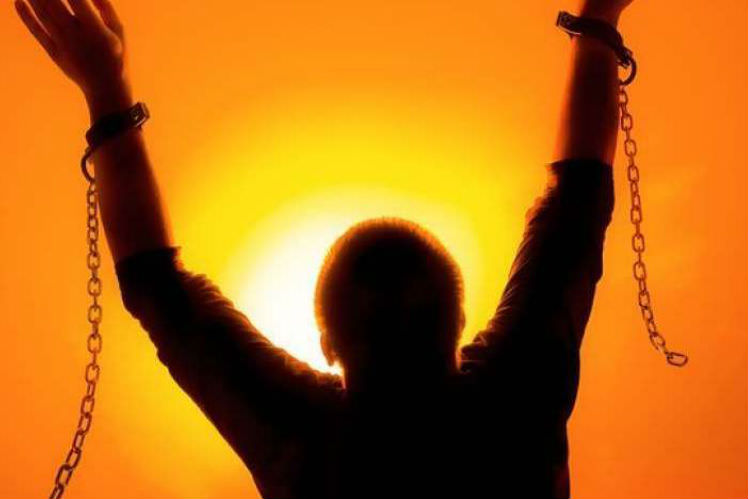
RELIGION
- Denis Fitzgerald
- 16 February 2018
5 Comments
Catholic social service agencies are facing many challenges from a number of the disruptions at play in our postmodern society. These have to be addressed if the agencies are to continue their work with those on the margins, and their indispensable contribution to the mission of the Church.
READ MORE 
-
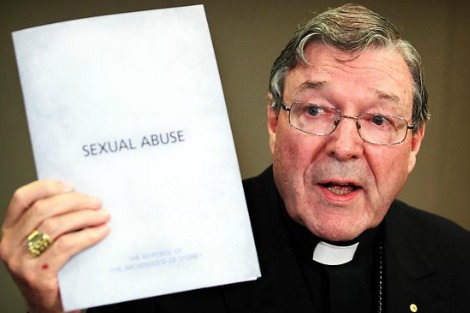
RELIGION
- Frank Brennan
- 08 January 2018
13 Comments
The statistics were horrifying. Every case represented a person who claims as a child to have been abused by a person of authority in a Catholic institution. Whichever way the statistics are interpreted in comparison with other institutions, they are appalling. We need to hold the victims clearly in focus.
READ MORE 
-

RELIGION
- Frank Brennan
- 10 November 2017
28 Comments
Wednesday will be a day of celebration for those wanting a 'Yes' vote. It should also be a day when we Australians recommit ourselves to respect for all citizens, especially those whose beliefs differ from our own. Our politicians led us into this divisive campaign. Now they need to lead us out of it.
READ MORE 